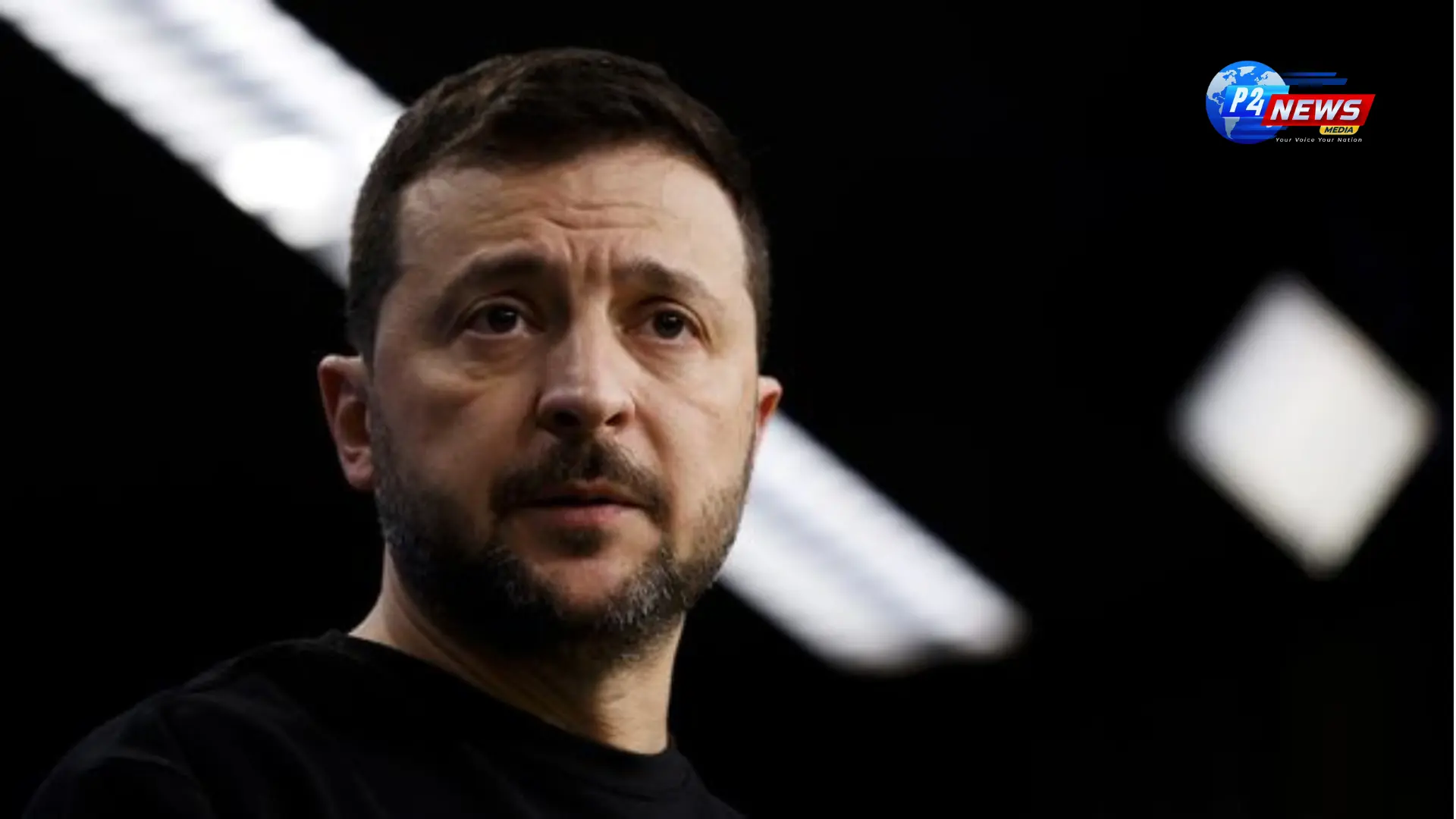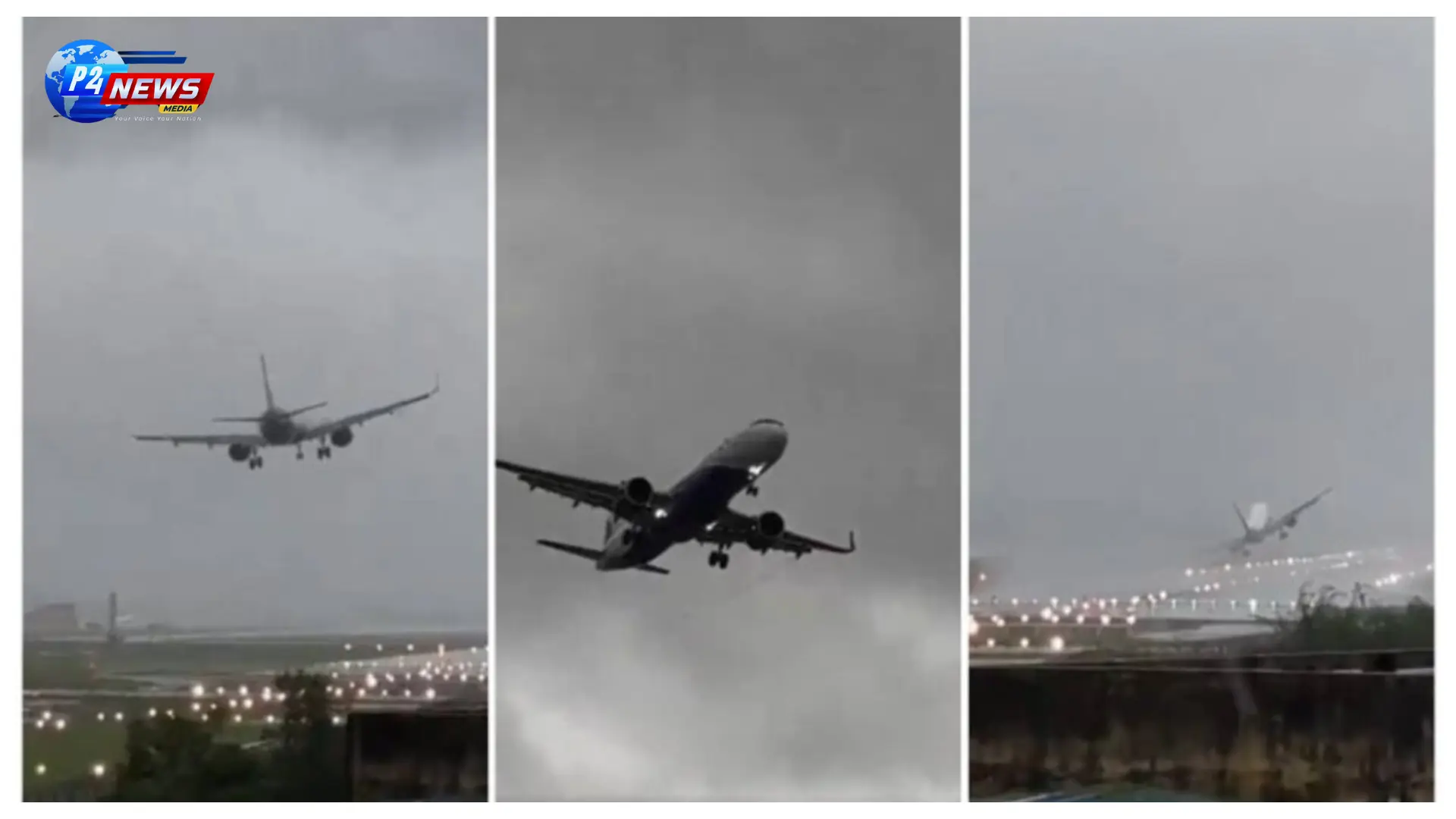Ukrainian President Volodymyr Zelenskyy suggested that providing NATO membership to regions controlled by Kyiv could potentially bring an end to the current phase of conflict in Ukraine. He emphasized that any such offer must encompass all Ukrainian territory as defined by internationally recognized borders. During a recent interview, Zelenskyy highlighted that the path toward NATO membership remains complex, with the necessity for clear territorial boundaries being a significant hurdle. As declared by NATO at their Washington summit, Ukraine is on an "irreversible" path to join the alliance, but achieving this requires consensus on territorial integrity.
The ongoing conflict in Ukraine has marked a significant chapter in global affairs, especially considering the implications for NATO and European security. In a recent televised interview,
President Volodymyr Zelenskyy articulated a bold proposal aimed at pacifying the current turmoil. He stated that extending NATO membership to territories currently under Ukraine’s control could effectively terminate the ongoing "hot stage" of the war. Zelenskyy insisted on a comprehensive approach, arguing that NATO's invitation should not be limited to certain regions but should apply to all areas recognized as part of Ukraine's sovereign borders. This approach has emerged as a crucial dialogue point amid broader discussions surrounding NATO's relationship with Ukraine.
The Washington summit in July where NATO leaders reaffirmed their commitment to Ukraine's membership trajectory has further underscored the urgency of addressing territorial issues. Zelenskyy’s emphasis on the necessity for definitional clarity regarding Ukraine's borders presents a significant challenge. The president stressed that partially accepting membership would unintentionally legitimize the territories claimed by Russia, asserting that international response must acknowledge the entirety of Ukraine’s claimed territory.
As the landscape of international relations evolves, the dialogue about Ukraine’s membership in NATO is becoming increasingly pivotal. Zelenskyy's remarks reflect a mix of optimism and caution as Ukraine navigates the complex geopolitical terrain. There is a growing awareness that any movement toward NATO membership is intertwined with the resolution of territorial disputes, a sentiment echoed by NATO leaders who insist on the necessity of definitive borders for mutual defense obligations to hold. The situation remains fluid, essentially tethered to the evolving dynamics of the war and international diplomatic efforts aimed at de-escalation.
The stakes have never been higher, and the discourse around NATO's role in Ukraine is dissected within the larger framework of European security and stability. As Ukraine strives to stabilize its position on the world stage, the implications of Zelenskyy’s proposal will undoubtedly resonate across diplomatic corridors and military strategies alike. In conclusion, the endeavor for NATO membership is a multi-faceted issue, requiring acute awareness of not just military considerations, but also the political and territorial narratives that shape Ukraine’s future. The possibility of ending the active phase of conflict through NATO membership presents a path forward, albeit with significant challenges that must be addressed to ensure the integrity of Ukraine’s territorial claims and the efficacy of the NATO alliance.
















Comments 0